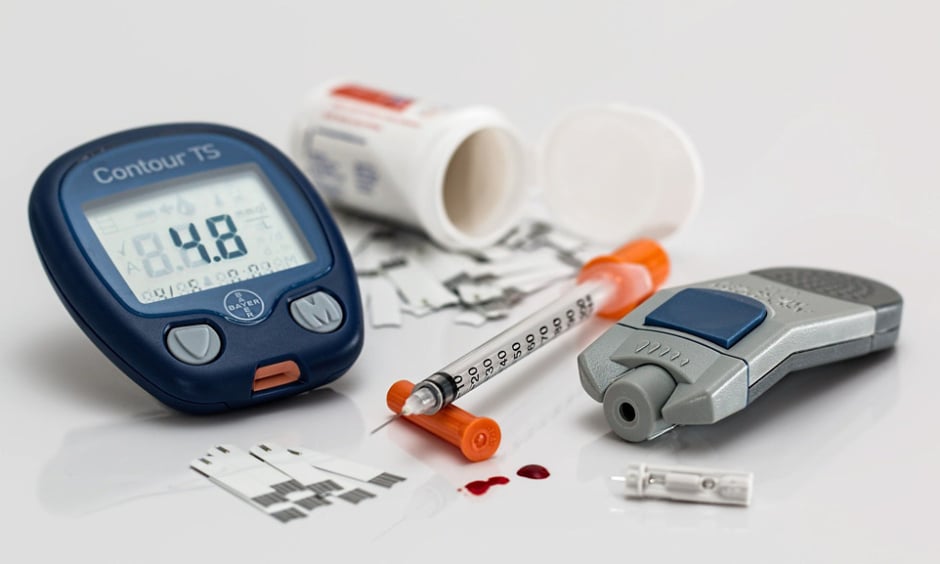A SMART patch that can sense when insulin is needed and, in turn, deliver it may one day replace blood-drawing and glucose measuring devices that patients with diabetes use. This coin-sized patch, which senses blood glucose levels and delivers and appropriate dose of insulin, was developed by researchers at the University of California, Los Angeles (UCLA), University of North Carolina (UNC) School of Medicine, and Massachusetts Institute of Technology (MIT).
Currently, patients with diabetes must use blood-drawing devices to measure their blood glucose levels, calculate the necessary dose of insulin, then self-administer the dose via a syringe, pen-like device, or an insulin pump. Treatment options have not significantly changed over the decades, leading the researchers to develop this new smart patch. Prof Zhen Gu, UCLA Samueli School of Engineering, who conducted the initial successful tests in mice in 2015, commented that: “This smart patch takes away the need to constantly check one’s blood sugar and then inject insulin if and when it’s needed. It mimics the regulatory function of the pancreas but in a way that’s easy to use.”
The adhesive patch has microneedles that are less than 1 mm in length and are made with a glucose-sensing polymer that is encapsulated with insulin. Upon application, the microneedles penetrate under the skin and sense blood glucose levels. If glucose levels increase, the polymer is triggered, and a pre-loaded insulin dose is delivered into the blood.
One of the advantages to using this patch is that it can help prevent overdosing of insulin by slowing the delivery of insulin once blood glucose levels return to normal. Such overdoses can cause hypoglycaemia, seizures, coma, and can sometimes be fatal. Another benefit is the reduction of pain caused by a finger prick and injection of insulin; the microneedles are much smaller than a regular needle so do not penetrate as deep, resulting in less pain.
“This smart insulin patch, if proven safe and effective in human trials, would revolutionise the patient experience of diabetes care,” commented Prof John Buse, study co-author and director of the UNC Diabetes Center and the North Carolina Translational and Clinical Sciences Institute at the UNC at Chapel Hill School of Medicine.








